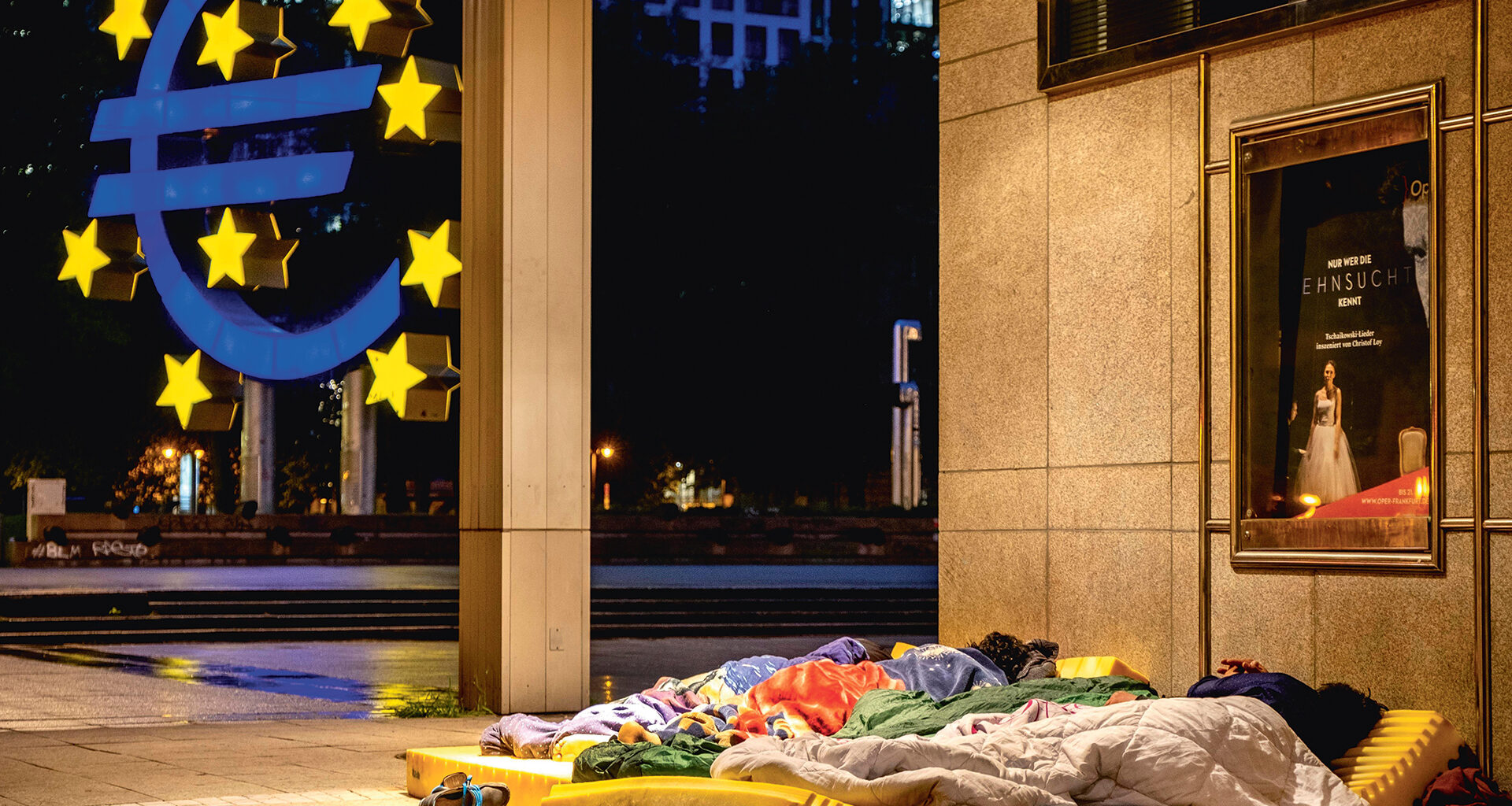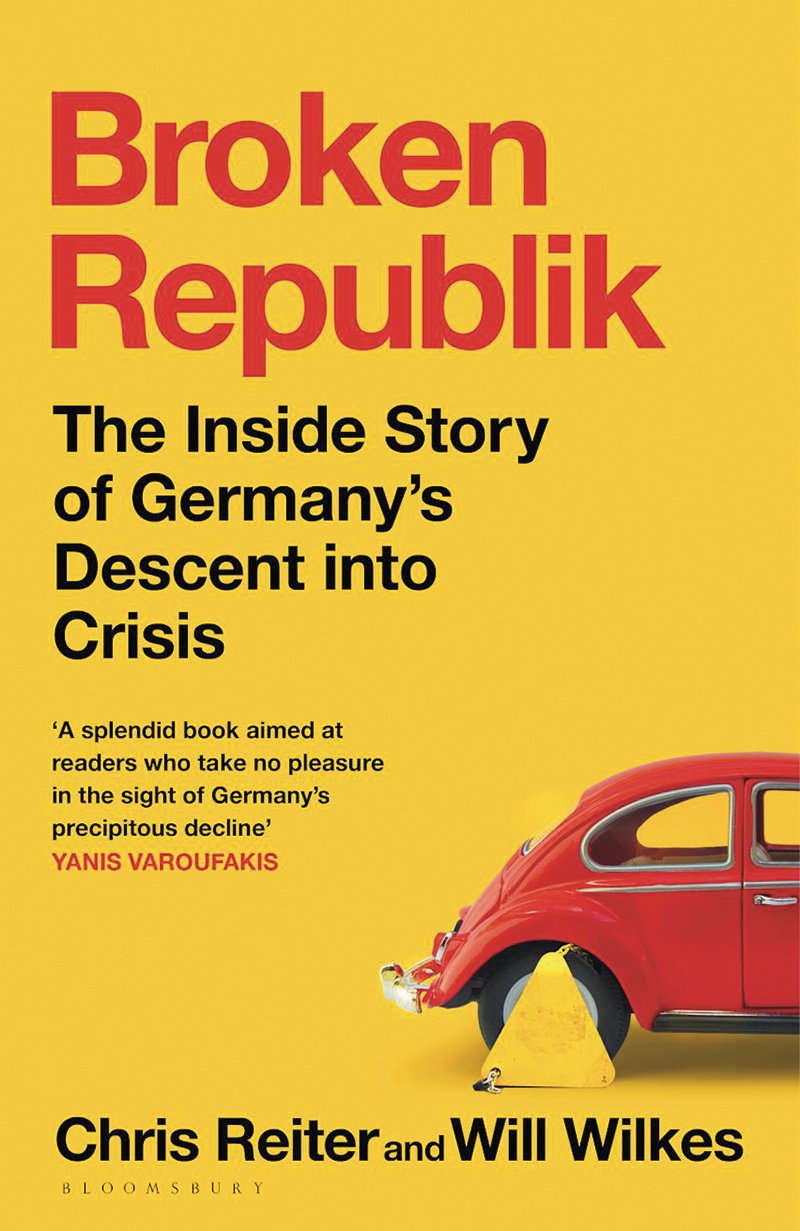For decades, postwar Germany thrived on economic success. The Wirtschaftswunder (economic miracle) built a strong welfare state and the Volkswagen Beetle symbolised progress – a car for every worker. Reunification shattered that balance. East Germany’s economy collapsed, triggering mass emigration and decline. The West failed to adapt, clinging to old industries as the world changed and the internet shifted value away from metal bashing.
Beyond the East-West divide, new fractures separate homeowners from renters, secure professionals from the precarious working class. Eighteen million Germans are in poverty or at risk of falling into poverty. Education often entrenches disadvantage and healthcare is increasingly stratified by social class. As inequality deepens, so does political discontent. Once a beacon of stability, Germany is growing volatile, evoking the fragmentation of the Weimar era, when economic despair opened the door to the Nazis. A third of the electorate has abandoned mainstream parties.
Political entrepreneurs on the fringe thrive on the frustration. Nearly half of AfD voters cite inequality as a key grievance. Once viewed as an East German party, the AfD is gaining in the West and among struggling youth, who have become more polarised.
With a demographic crisis looming, Germany faces stark choices on welfare and spending. If mainstream politicians fail, populists stand ready to capitalise. Germany’s postwar identity is fragile,
and as it cracks, ethnic nationalism lurks. The political crisis won’t end with this election. It may just be starting. Its breakdown would send shockwaves across Europe and beyond. As the continent’s largest economy, Germany should lead on global challenges.
Yet just as strong leadership is needed, political tribalism is taking hold. Instead of confronting its challenges – revamping its economic model; restoring opportunity – the election fixated on immigration, sidelining tougher debates. Keeping out a few thousand refugees won’t improve most German families’ lives.
Although the political class struggles for solutions, civil society is mobilising. Anti-poverty activists dismantle the myth that the system works for all, while grassroots groups help people fight benefit cuts, access medical care and keep their heating on. Germany needs to tap into this energy, fostering a sense of community that breaches social, economic and religious lines.
The challenges remain formidable. Deindustrialisation and the decline of Germany’s once-mighty auto industry will fuel further disillusionment. But resistance endures. Back in Frankfurt, Bergmann keeps handing out supplies to Germany’s forgotten, defying a system that ignores them.
“There are signs that people are growing more sensitive to the fate of others,” she said, pointing to social media efforts around highlighting poverty. “That is something at least.”
Broken Republik: Germany’s Crumbling Promise of Shared Prosperity by Chris Reiter & Will Wilkes is out now (Bloomsbury, £22). You can buy it from the Big Issue shop on bookshop.org, which helps to support Big Issue and independent bookshops.
Do you have a story to tell or opinions to share about this? Get in touch and tell us more. Big Issue exists to give homeless and marginalised people the opportunity to earn an income. To support our work buy a copy of the magazine or get the app from the App Store or Google Play


